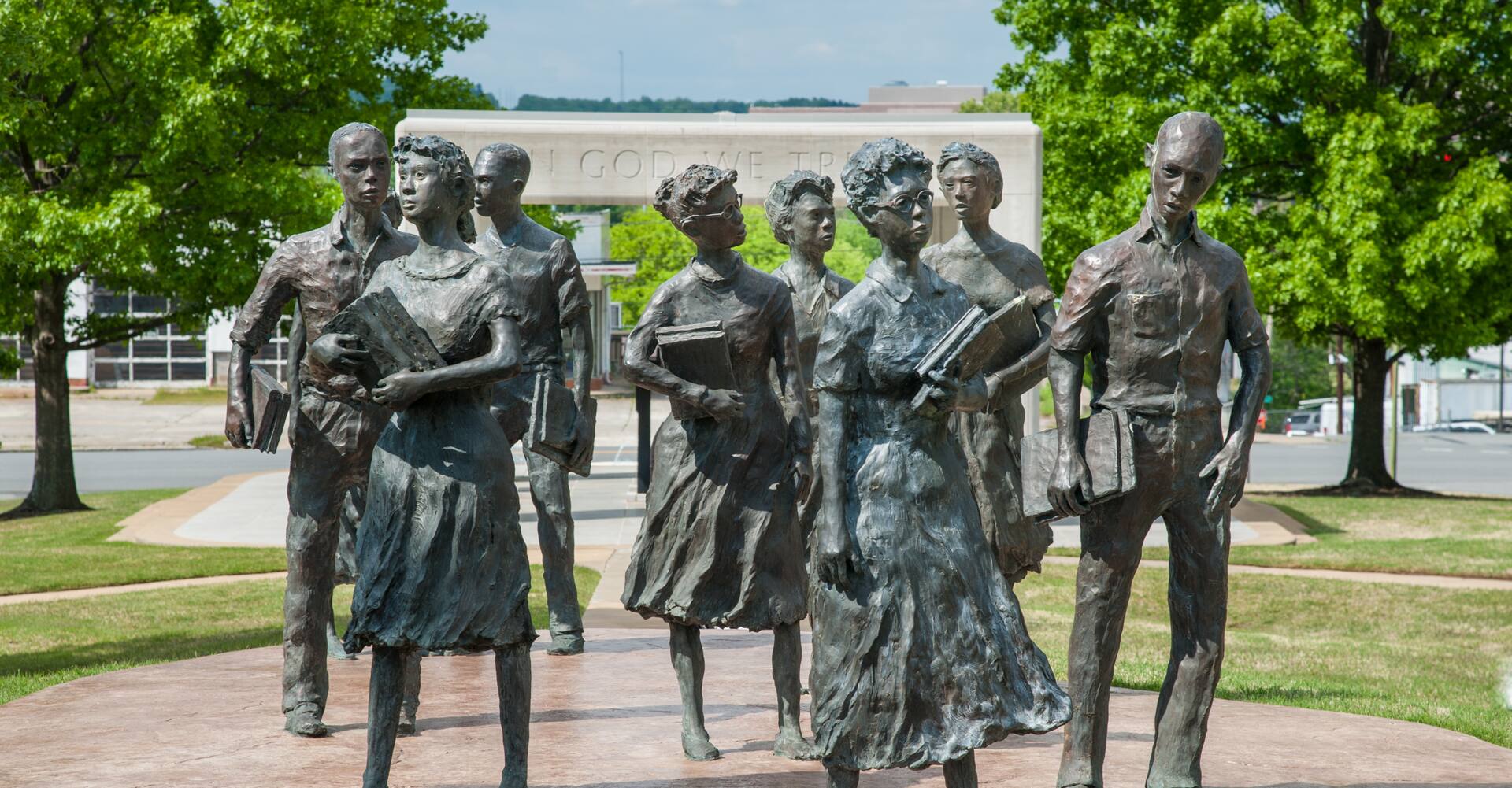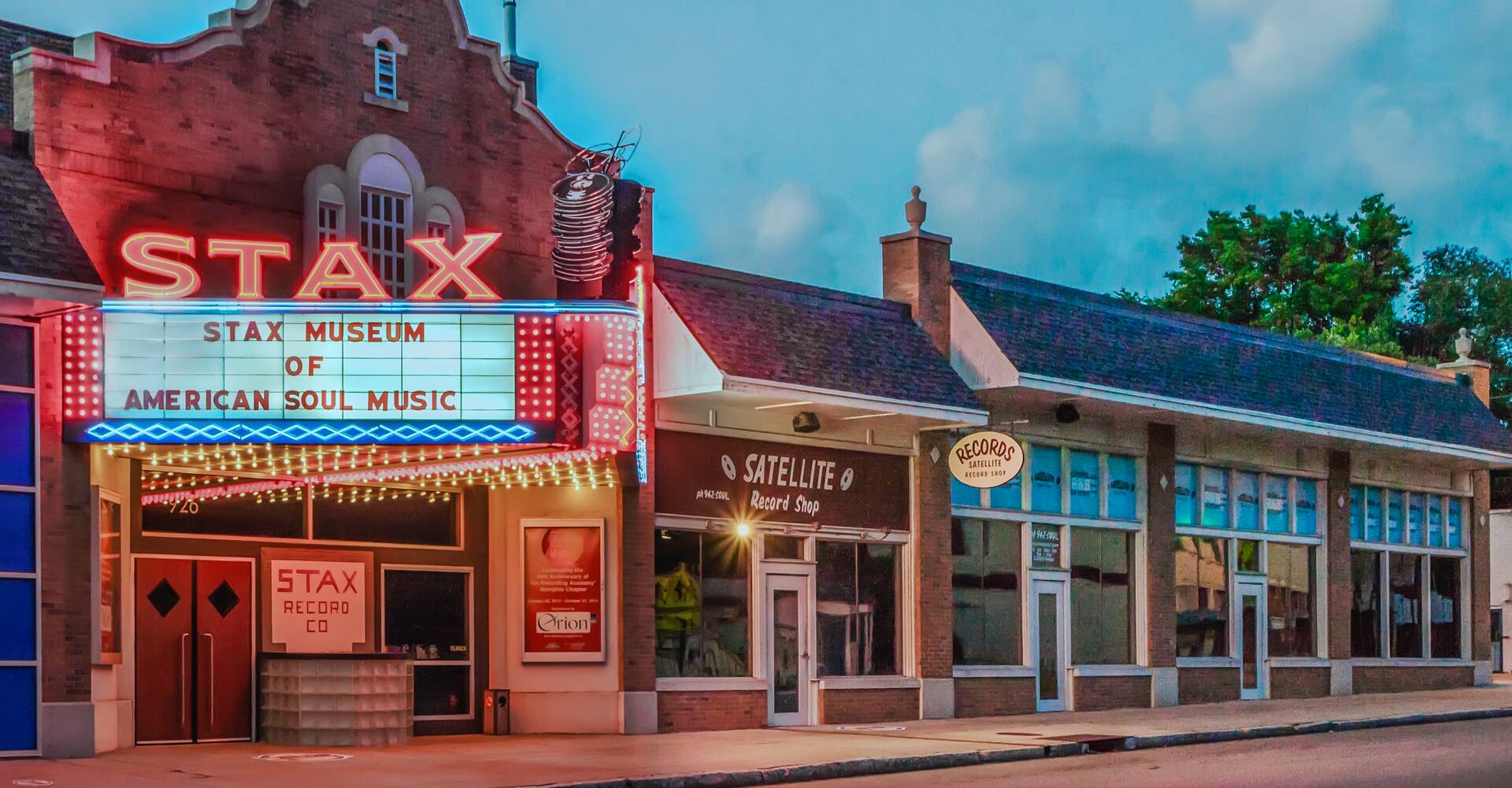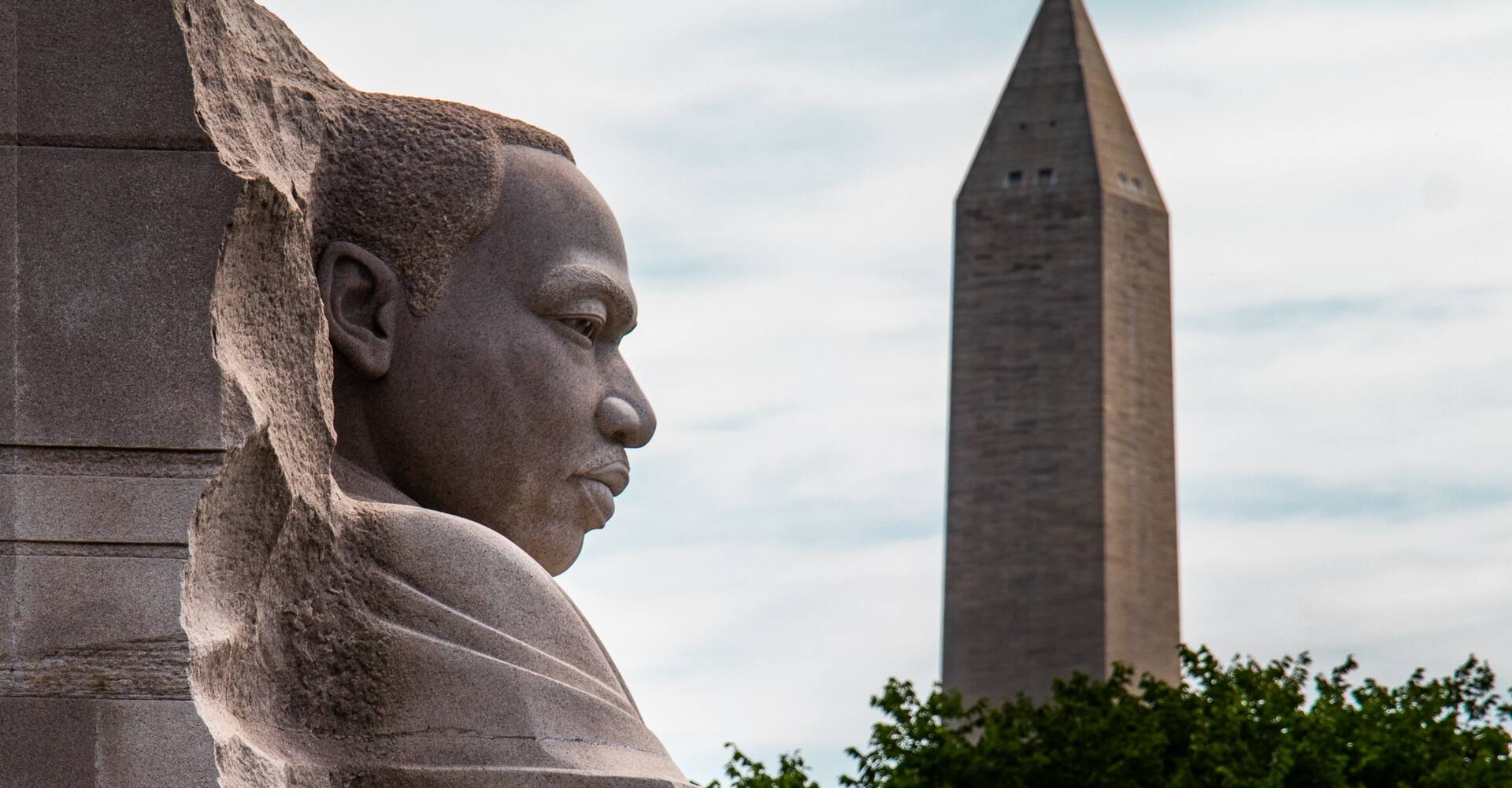For your next stay, take a trip to the places and moments that changed American history and explore the U.S. Civil Rights Trail. With over 100 locations spread across 15 states, there’s plenty to see along this route commemorating the important people and places of the Civil Rights Movement. Not sure where to start? Consider these five must-see locations, where you’ll find:
- Comprehensive museums: Discover unsung heroes of the Civil Rights Movement
- Thought-provoking moments: Visit the memorials and monuments that pay tribute to this momentous time in history
- Music mania: Explore the newest additions to the trail showcasing Black Americans’ contributions to music

Sarasota, Florida
Florida’s 825 miles (1,328 kilometers) of beaches have been the setting for some of the Civil Rights Movement’s most pivotal moments.
From our partners:
Experience this history for yourself by following the 15 historical markers of the Newtown African American Heritage Trail. Established to preserve the town’s rich history and share how the community transformed from 1914 to the present day, the trail includes notable sights like The Wright Bush House. Owned by entrepreneur Wright Bush, this home was the first in the area to have electricity and became a central gathering place for the Black community.
To learn about this time straight from a local, consider exploring the trail with a guided trolley tour provided by Newtown Alive, an organization working to preserve the community’s centuries-old history. (Image credit: Photo by Meadow Marie on Unsplash)

Montgomery, Alabama
Many of the crucial moments in the fight for equal rights took place in Alabama, so it’s no surprise that the Southern state has more than two dozen stops on the U.S. Civil Rights Trail. Cities like Selma and Birmingham are noteworthy destinations with multiple historical sites, but if you’re short on time, we suggest focusing your trip on Montgomery.
Here you’ll find the Rosa Parks Museum, the Freedom Rides Museum — located in a historic Greyhound Bus station that has been restored to look as it did back in 1961 — and the Dexter Parsonage Museum, among other important sites.
If you’re able, follow in the footsteps of civil rights activists such as former United States Representative John Lewis by walking the 1,248 feet (380 meters) across the Edmund Pettus Bridge. A National Historic Landmark, this well-known memorial connects Montgomery and Selma, Alabama.

Little Rock, Arkansas
If you’re headed to Arkansas on a history hunt, you’re in luck because all the state’s stops on the U.S. Civil Rights Trail are in Little Rock. To understand Arkansas’ role in the Civil Rights Movement, start with a visit to Little Rock Central High School.
Designated a historical site by the National Park Service, Little Rock Central H.S. offers a visitor center/museum and ranger-led tours on the grounds of the still-functioning high school. Tours are only available with a confirmed reservation so be sure to call the park’s main phone number to guarantee your spot at least two months in advance.
Stop by the state Capitol to admire “Testament: The Little Rock Nine Monument.” Consisting of nine bronze statues facing the governor’s office, the powerful memorial also includes quotes from each of the nine students. (Image credit: Photo Courtesy of Little Rock Convention & Visitors Bureau)

Nashville, Tennessee
When you think of Tennessee, country music icons probably come to mind. There’s much more to the state’s musical legacy, however, including one of the newest additions to the U.S. Civil Rights Trail: The National Museum of African American Music (NMAAM) in Nashville.
NMAAM is the only museum of its kind, celebrating how the African American community has influenced more than 50 genres and subgenres of music — from jazz and gospel to hip hop and even country music. NMAAM is an interactive experience, so get ready to hop in the studio to produce your own song, challenge your friends to a rap battle and get in front of a green screen to virtually join a gospel choir.
Music-lovers should also make a detour to Memphis for a visit to the Stax Museum of American Soul Music — another recent addition to the Civil Rights Trail and the only museum in the world dedicated to this genre. Complete your trip with a visit to the Lorraine Motel, which was converted into the National Civil Rights Museum in 1991. (Image credit: Courtesy Stax Museum of American Soul Music)

Washington
Visit the nation’s capital, Washington, where the Civil Rights Act was signed into law in 1964 and where landmark Supreme Court decisions were made, all paving the way for more equal rights.
The Martin Luther King Jr. Memorial and the Lincoln Memorial, where MLK gave his famous “I Have a Dream” speech, are both highlights along the U.S. Civil Rights Trail. But whatever you do in the district, the one stop you can’t miss is the National Museum of African American History and Culture (NMAAHC).
As the first and only national museum dedicated entirely to the African American experience, NMAAHC tells an easy-to-follow and comprehensive story. Galleries showcase 36,000 artifacts from the times of slavery to the 2008 election of President Barack Obama.
NMAAHC is a Smithsonian Museum, so entry is free, but you’ll need to secure a timed-entry ticket from the museum website. We suggest picking a morning time slot, as it’s easy to spend an entire day at NMAAHC, complete with a meal at Sweet Home Cafe, the museum’s restaurant highlighting African American culinary traditions from different regions around the U.S.
No matter where you choose to explore along the U.S. Civil Rights Trail, you’ll end the trip feeling a bit wiser and perhaps with a deeper appreciation for the tireless efforts of equal rights activists. (Image credit: Photo by Jimmy on Unsplash)
Jessica Poitevien is an international storyteller with more than a decade of experience in writing and editing. When she’s not traveling, you can find Jessica enjoying her other obsessions: baking cookies, befriending strangers and exploring nature.
For enquiries, product placements, sponsorships, and collaborations, connect with us at hello@zedista.com. We'd love to hear from you!
Our humans need coffee too! Your support is highly appreciated, thank you!

